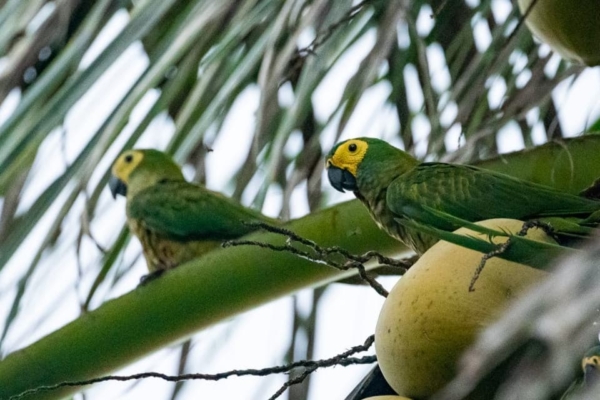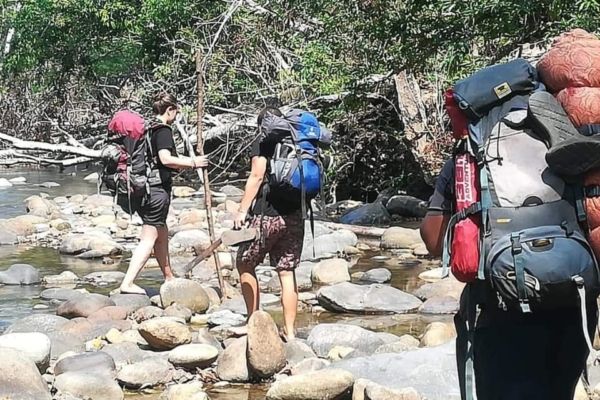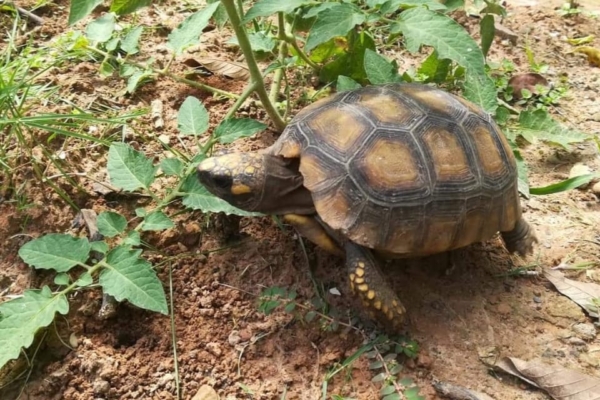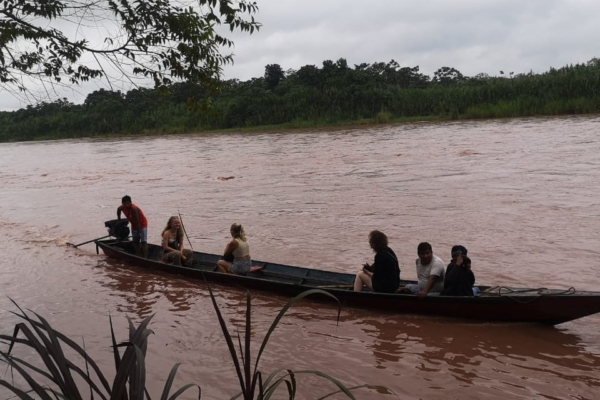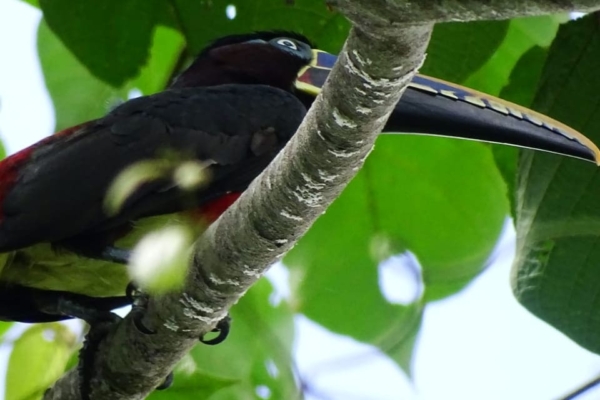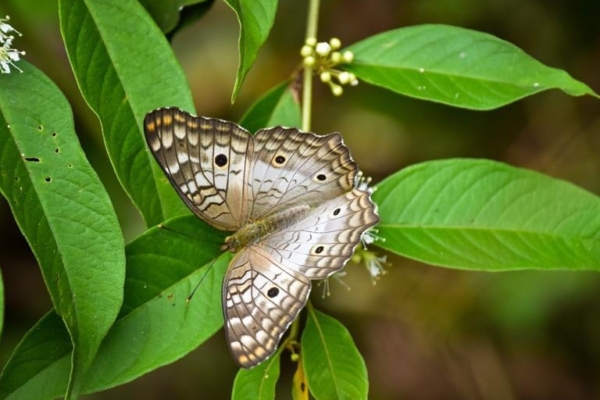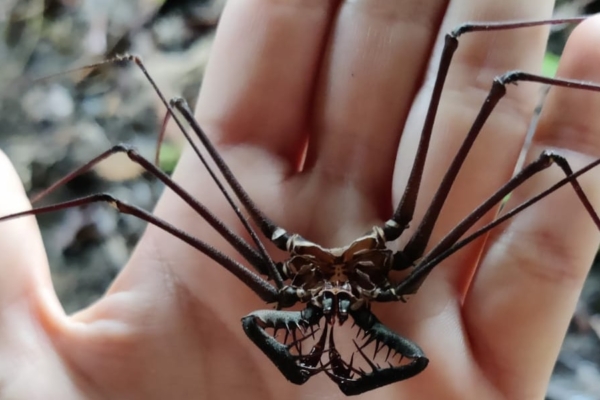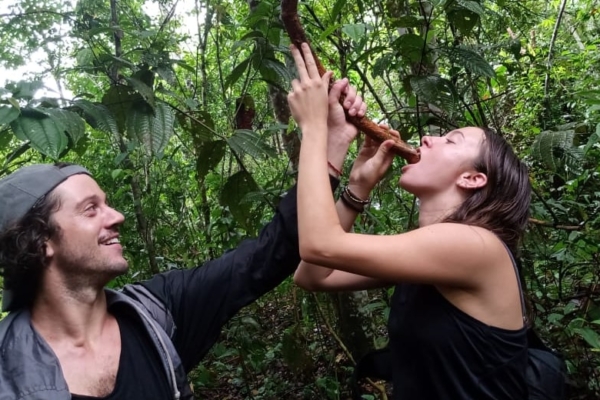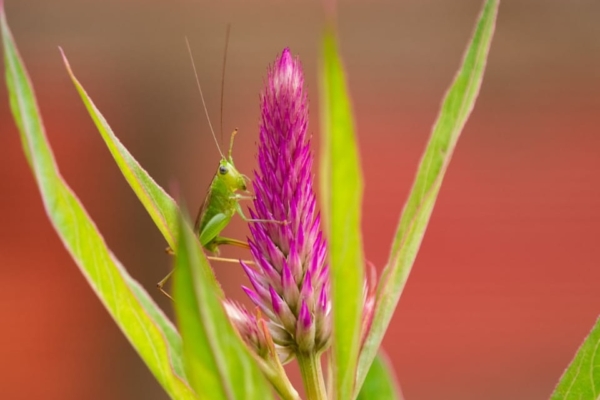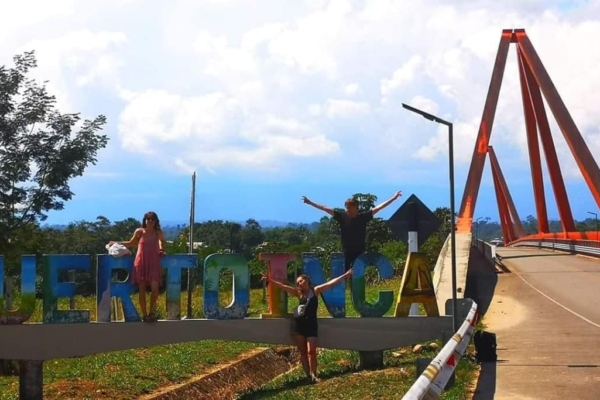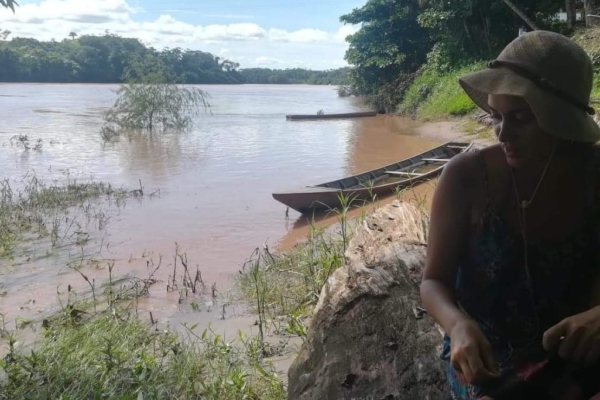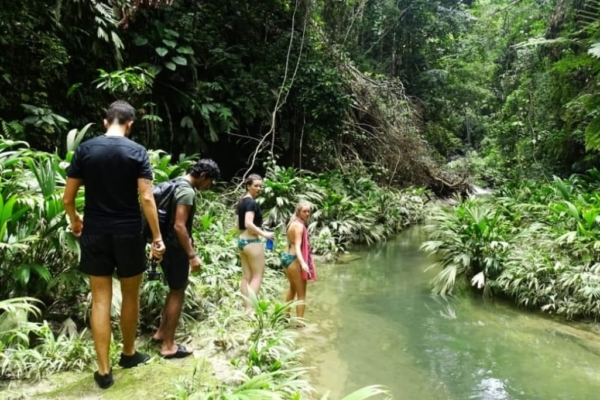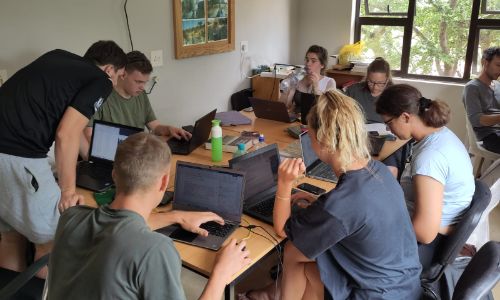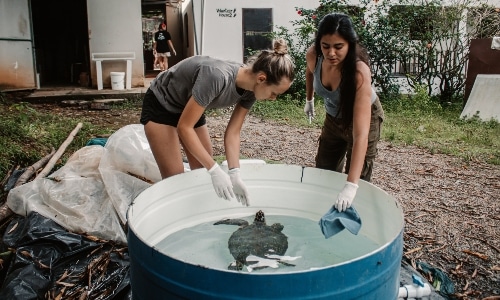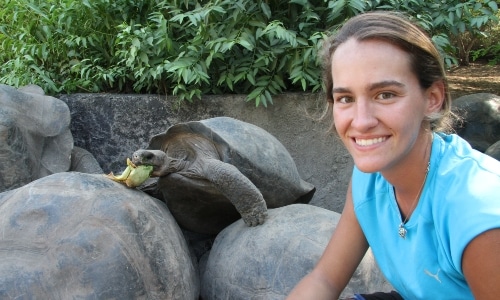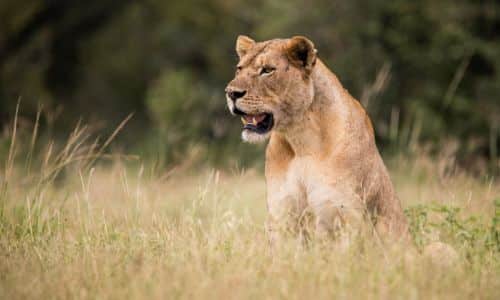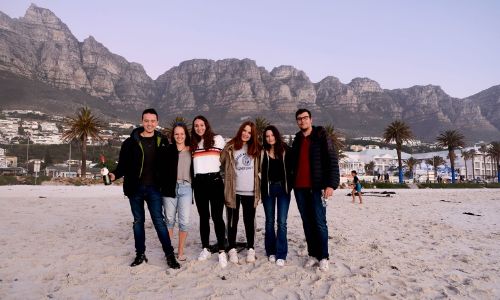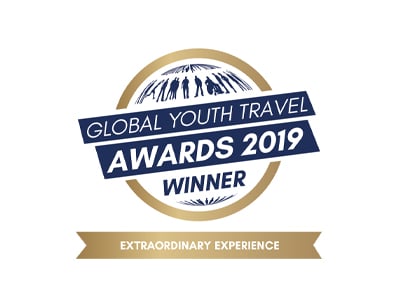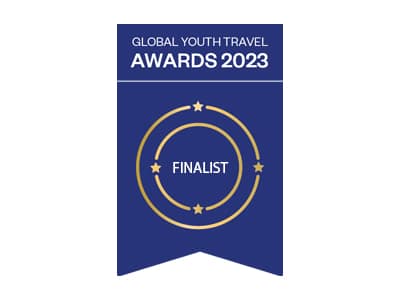Biology Research Internship in Peru
PROGRAM OVERVIEW
Work alongside experts documenting and studying flora and fauna of the Peruvian Amazon
This is an exciting opportunity for young biologists and biology students to work in a team of experts monitoring the animal and plant life of the Peruvian Amazon. You’ll live and work in the El Sira Communal Reserve helping to support the conservation of biodiversity in the area.
The main focus of this organization is conservation of the Amazon Rainforest, however they take a multifaceted approach to this goal. They believe the best way to make an enduring progress in rainforest conservation is by working with local communities to develop sustainable practices and create alternative job opportunities that don’t rely on destruction of the Amazon. So, as well as monitoring threatened species and their habitats, they document biodiversity and gather materials that can be used in educational programs.
As an intern, you’ll work alongside national and international professional biologists monitoring endangered species. Your working field is about an eight-hour trek into the jungle. There, you’ll use camera traps and other wildlife observation methods to gather information on a variety of wildlife. In this way, you’ll help gather information and further knowledge on 54 species of mammals, 203 species of birds,105 species of reptiles, 111 species of bony fish, and 190 species of plants.
ORGANIZATION
This is a conservation-focused NGO based on the outskirts of the Peruvian Amazon working to protect the rainforest through youth empowerment and community development. They have a series of goals aimed to reduce poverty and drive sustainable development in the local region including improving education for children for the area, teaching English skills, and creating infrastructure for tourism. They believe that by building skills and creating new job opportunities, they can curtail activities that harm the rainforest and incentivize its conservation.
TASKS & REQUIreMENTS
You’ll be monitoring physical and biological variables affecting the preservation of threatened species and protected habitats. Interns will have the opportunity to work in two different reserves, trekking deep into the jungle with a team of porters allowing you to focus entirely on your work.
Responsibilities
- Conducting surveys on mammals, birds, reptiles, and plantlife
- Measuring physical variables affecting habitats
- Monitoring habitats
- Setting and collecting camera traps
- Capturing video and photographic images of flora and fauna
- Writing reports
- Corroborating findings for educational materials
Requirements
- Must be studying towards or have completed a degree in biology, biotechnology, environmental studies, zoology, botany, or a related field
- A deep passion for conservation, and specifically rainforest conservation
- Strong written communication
- Photography skills
- Intermediate Spanish language skills recommended
- Survival and navigation skills
- Ideally first aid training
- Willingness to live and work in challenging conditions of the rainforest
WHERE YOU’LL STAY
Interns stay in rural huts right in the heart of the rainforest, surrounded by nature. You’ll have an eco-toilet, shower, and cooking facilities where you can cook for yourself. During free weekends, you can stay in one of the cabins in Puerto Inca. You will also go out on field trips further away from the field camp, where you can spend the night in a tent (bringing your own tent is not a must but recommended). This is very basic accommodation with limited resources, so this program is best suited for interns prepared for a more stripped back way of life.
Safety & Support
Safety & Support
Make sure to visit your doctor and dentist for a check-up before yor internship and to get all the recommended vaccines and/or medications necessary to stay healthy.
The village of Puerto Inca has no running water. People use water wells to get water so we recommend bringing a portable water filter to make sure you are drinking clean water, particularly during trips to the jungle.
Communication
Communication
When you are in Puerto Inca, you will have access to Wifi, but be aware that there is no internet or network access in the field. Please note that the Wifi in the cabin in Puerto Inca can be a bit unreliable, so you can do videocalls but streaming is not really possible. It’s recommended to buy a local SIM card and ensure your phone is unlocked for international carriers.
Meals
Meals
Breakfast and lunch are included during working days. You will need to cook your own food during the evening and weekends or you can go out for a meal when in Puerto Inca. Generally for a few dollars you can get a nice meal consisting of an appetizer (soup or salad) and a main dish. A soft fruit juice is often part of the menu as well. You can also go fruit picking as there are plenty of fruits around the village for free.
Location details
Location details
You’ll be based in Puerto Inca in the Huánuco region of Peru. This is an area of stunning natural beauty situated along the Sira Mountains in the Amazon Rainforest and bisected by the Pachitea River. The majority of the population lives off farming but deep within the jungle native communities still upholding their customs and traditions can be found too. As well as its extraordinary biodiversity, the area is famed for a number of geological and archaeological sites that you can visit during your internship.
DATES & RATES
Fee Breakdown
Internships begin on a Monday and it’s recommended to arrive on weekends, so you can explore Puerto Incas before your official first day. Start and end dates are flexible and will be discussed with you during the selection process.
Note: meals & Spanish classes are NOT included after week 12
What you’ll pay (2024 rates)
4 weeks USD 1,833
8 weeks USD 2,491
12 weeks USD 3,150
16 weeks USD 3,150
20 weeks USD 3,150
26 weeks USD 3,150
Inclusions
- Careful matchmaking. It takes time to find the right internship for each person, and we take this process very seriously.
- Initial interview with one of our team to gauge your skills, interests, and desired learning outcomes.
- An academic internship eligible for university credit. Check with your university to confirm if this internship qualifies for credit or alternatively we can assist you with purchasing transfer credits.
- Shared accommodation in one of the huts in the rainforest with access eco-toilet, shower, and cooking facilities. During field trips further out, you will stay in a tent (provided for by the organization, but it’s highly recommended you buy your own tent upon arrival).
- When you are in Puerto Inca, you will stay in one of the cabins where you will have access to Wifi, but there is no internet access in the field
- Breakfast & lunch from Monday to Friday. You will need to cook your own meals during the evening and on weekends.
- Spanish classes (4 hours per week for up to 12 weeks). Extra classes can be booked at an additional fee.
- Wifi access
- Transfer from/to the airport of Pucallpa or bus station (ride from Pucallpa to Puerto Inca takes 3 hours approximately)
- Activities: five trips to different spots in the rainforest including a camping trips, fruit picking, and an artisanal chocolate making workshop
- Assistance with your visa arrangement and other preparations
- An orientation program with your supervisor
- Supervision and support during your stay
- Regular check-ins during your internship with your supervisor
- Troubleshooting if needed
- A reference letter at the end of your internship
Exclusions
- Flights to Pucallpa Airport
- Visa and medical/travel insurance costs for the duration of your placement – must include cover for repatriation
- Daily transport
- Daily dinner and weekend meals – and all meals after week 12
- Drinks, snacks, and items of personal nature (f.e. curios, gifts, clothing)
- Costs for additional excursions or activities
GALLERY
FAQs
Some of our most commonly asked questions for programs in Peru.
What can I expect from an internship in Peru?
You can expect to be in bustling cities or a completely remote jungle, depending on your internship of choice. Also, you’ll be collaborating with local professionals and volunteers that will offer you insights into Peruvian work ethics and practices. Beyond your internship, your weekends and free time can be spent discovering the overall breathtaking beauty of the country.
How will a nonprofit internship in Peru help my career development?
During your internship in Peru, you’ll be able to utilize your professional and personal skills, as well as develop those skills that you feel could use more work. Also, employers may see your CV as more favorable, since it’ll show that you were a part of a meaningful international grassroots project, which shows a variety of transferable qualities. If you want to know more about how doing a nonprofit internship is good for your career, make sure to check this blog out!
While on an internship in Peru can I receive university credit?
Yes, but you must check with your university supervisor that this experience qualifies. You can also buy additional transfer credits to add onto your internship.
Can I receive a stipend while completing my internship?
Unfortunately, no. You can find other ways to fund your internship as you will not be paid while working with a nonprofit organization. Your internship experience will bring a wealth of new knowledge, along with opportunities for professional and personal growth which are both invaluable!
QUICK FACTS
HOW TO APPLY
If you’re ready to apply for this internship, here’s what to do:
APPLY
Fill in the application form (it will show in a new screen) which includes sharing your CV to us.
SPEAK WITH AN ADVISOR
We’ll set up a call with you to go through your application.
INTERNSHIP MATCHING
If we feel it’s a good match, we’ll set up a call between you and the supervisor for this internship.
PAYMENT
If everyone’s happy, we’ll provisionally confirm your placement! We’ll then send you the invoice for the deposit, getting started with the booking process and all the info you need.
CONFIRMATION
Only once we receive payment of the deposit your placement will be confirmed.
NEED TO MAKE AN ENQUIRY FIRST?
Or if you’d just like to ask us some questions about this internship first, just fill in the contact form below. We’ll be happy to assist!
RELATED PROGRAMS
Master’s Level Conservation Research Internship in South Africa
- Min. 3 months
- Greater Kruger, South Africa
- Ecological Research, Wildlife Conservation, Data Projects
Orphan Care Internship
- Min. 4 weeks
- Puntarenas Province, Costa Rica
- ANIMAL CARE, NURSERY ASSISTANCE, ANIMAL RESEARCH
Galapagos Conservation Internship
- Min. 8 weeks
- Galapagos, Ecuador
- TURTLE/TORTOISE CONSERVATION, ECO TOURISM, MONITORING, DATA COLLECTION

